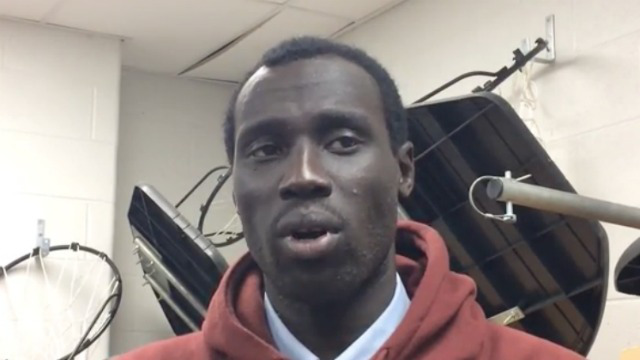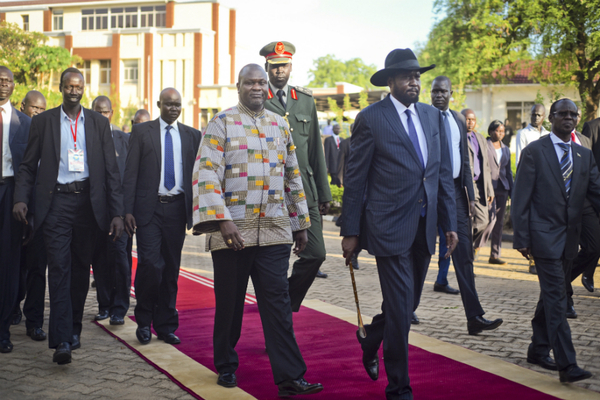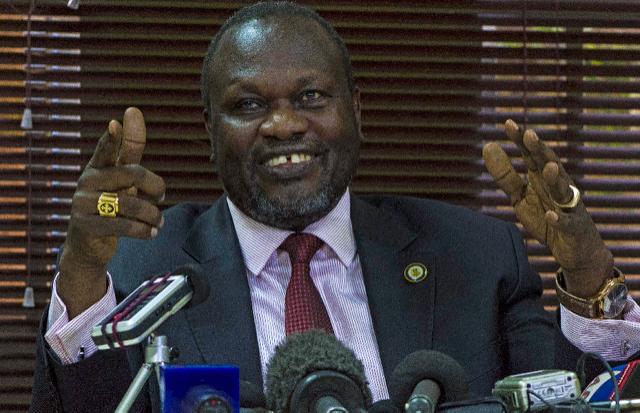
A South Sudanese man who was arrested in Canada last week for allegedly posing as a teenager in order to gain entry to the country and play high school basketball admitted in a immigration and refugee board hearing he is not a teenager but claimed he does not know his true age.
Canadian border officers arrested Jonathan Nicola on April 15 after receiving confirmation from the United States that Nicola’s fingerprints matched those of a man who had applied for a visa to the U.S. from Syria using a birth date in 1986. Nicola is believed to be 29.
He had been in Canada attending Catholic Central high school in Windsor and playing basketball for the school on scholarship since November 2015. His situation came to the attention of authorities when the coach at the school helped Nicola submit paperwork to allow him to travel with the team to the U.S. to play in games here.
During the hearing, Nicola told the officiant of the Canadian Immigration Division that he is ‘not a liar person’ but does not know his true age because his mother never told him his true birthday because she could not remember it. Nicola also said a man who originally processed his paperwork in South Sudan went forward with it despite Nicola never being able to provide an accurate age.
“I really do not know what is my real age, I cannot tell you what is my real age,” he said during the hearing, according to an official transcript provided to Yahoo Sports. “But over there my mom always keep telling us different age, I do not remember what specific age, I always keep her asking like what is the specific age that I was born, and she has told me that she could not remember.”
The officiant, Valerie Currie, eventually ruled that Nicola be detained because he was a flight risk. She also said she did not believe that Nicola was being honest in saying that he didn’t know his true age.
“You have misrepresented yourself and you have been untruthful in order to achieve your goals and that shows considerable disrespect for the laws of Canada, specifically the immigration laws of Canada,” Currie said. “Those circumstances suggests to me that you are a person who cannot be trusted to comply with the laws of Canada.”
An Immigration Refugee Board has since determined that Nicola should remain in detention until a May 24 hearing. During his first hearing, Nicola said he has had suicidal thoughts while under arrest and would like to return to South Sudan to be reunited with his mother.
Nicola is 6-foot-9 and helped the Catholic Central team advance to the second round of the Ontario Federation of Schools Athletic Association playoffs this season.


